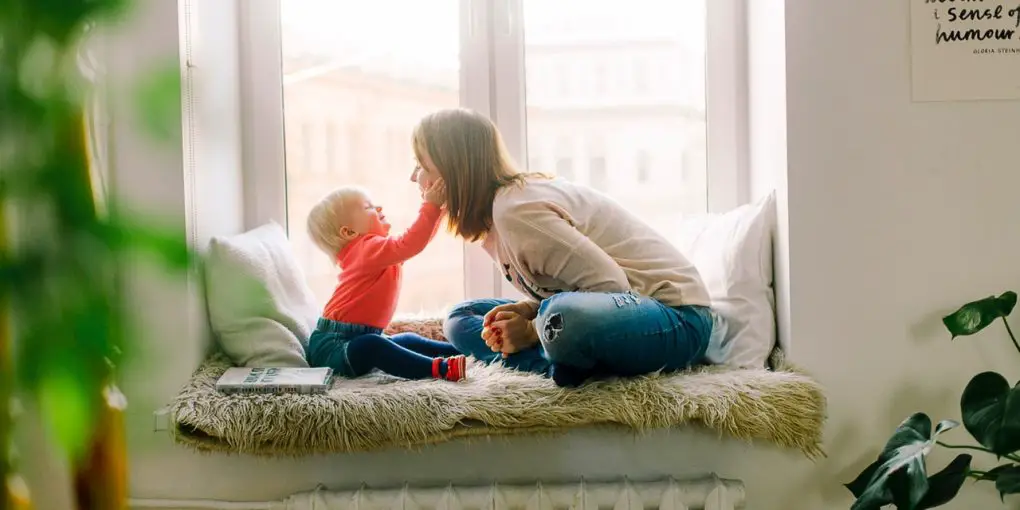What Will Playtime Look Like Post-COVID?
Numerous parents and their children long for their customary playdates. Kids are not shielded from feeling lonely and the anxiety that comes with it.
A return to normal will take considerable time, and some changes will likely become permanent. What will playtime look like post-COVID-19? The following eight modifications are coming soon to a playground near you.
1. Playdates Will Get Smaller in Scale
According to Dr. Ruth Berggren, infectious disease specialist at UT Health San Antonio, small playdates are probably okay if you exercise caution. Playgrounds make the list of safe places to convene, as do museum grounds and public libraries. Outdoor air and bright sunlight kill viruses quickly on surfaces.
You may see this phenomenon occur in daycare centers with high enrollment levels. Instead of sending the entire class out to play, leaders may divide students into groups of four or five. Such measures help them maintain appropriate social distancing.
2. Parks Will Initiate Extra Precautions
Fortunately, one benefit of the novel coronavirus pandemic is that your local playground will become more hygienic. Many facilities will install hand sanitizer stations and additional signage, reminding patrons how to protect their safety.
What about mask enforcement? Whenever possible, seek out parks that feature attendants to keep an extra eye out for bullies. Talk to your child about the importance of reducing the spread, and ask them to inform you immediately if they encounter any harassment.
3. Things Will Get More Hygienic
Kids do things like digging in the mud and picking up insects with their bare hands. However, don’t expect other parents to take a laissez-faire attitude toward hygiene.
Fortunately, if your area park follows CDC guidelines, they should keep public restrooms open so that patrons can wash their hands. You may discover improved efforts to keep soap stocked and facilities clean. It’s always wise to call your local parks and rec department to check on the availability of these amenities.
4. Parents Will Rethink “Sharing Is Caring”
One measure schools need to undertake involves disinfecting frequently-touched surfaces like computer keyboards more often. Previously, many parents used playtime to teach their children the value of sharing. However, in the age of COVID-19, they may rethink their approach.
What can parents do? One logical approach includes carrying disinfectant wipes with them to clean toys before making the exchange. You can use this occasion as a teachable moment to share how germs spread with your child. Your words of wisdom may give them a reason to pause before bumming a chewed, saliva-laden pencil off a pal when school resumes.
5. Online Gaming Will Flourish
Not all parents will feel safe returning their children to in-person play, and for these kiddos, video games may become a vital social outlet. Many such platforms feature live voice chats that make it feel like your little one’s best friend is sitting beside them and playing.
As a parent, you need to keep your child safe — predators know that they can reach potential targets through this medium. Establish an atmosphere of trust where your child feels safe approaching you with suspicious online behavior. Learn how to use parental controls and ensure your child doesn’t use their real name or divulge personal information to strangers.
6. Folks Will Become More Aware of Invisible Disabilities
Even though roughly 10% of the U.S. population has an invisible disability, many hide their conditions out of fear. The ongoing stigmatization of those with physical challenges means they may face discrimination if they reveal their health status.
However, the COVID-19 pandemic forced many folks to ‘fess up, if only because they run a higher risk of severe complications if infected. As a result, hopefully, more people will expand their awareness of invisible disabilities. Do your part as a parent by explaining why Jimmy’s mother considers some activities unsafe. Encourage alternative playtime ideas.
7. Sports May Look Different
Depending on where you live, schools and local parks and rec departments may or may not introduce sports this autumn. Some institutions have already canceled plans, while others continue to take a wait-and-see approach.
However, just because your 12-year-old can’t play football or soccer doesn’t mean their young body stops needing exercise. Why not sign them up for a contact-free activity such as golf or tennis? If you lack the money for the equipment, get your kids interested in hiking or biking.
8. Kids Will Still Be Kids
While adults and children alike will remember 2020, the year of COVID, for the rest of their lives, it won’t dim their essential shine. If history proves one fact as indisputable, it’s that kids will be kids. They’ll find a way to play.
Use this opportunity to challenge your child to come up with creative playtime ideas. If they see you enjoying your adult Zoom happy hour, would they like a tea party with a quarantined friend via the same medium? Can you help them use social media games to connect with the grandparent they haven’t seen in months?
What Will Playtime Look Like Post-COVID? Expect These 8 Changes
When it comes to how playtime will look after COVID-19, you can anticipate many changes. However, in the end, kids will find a way to have fun.


